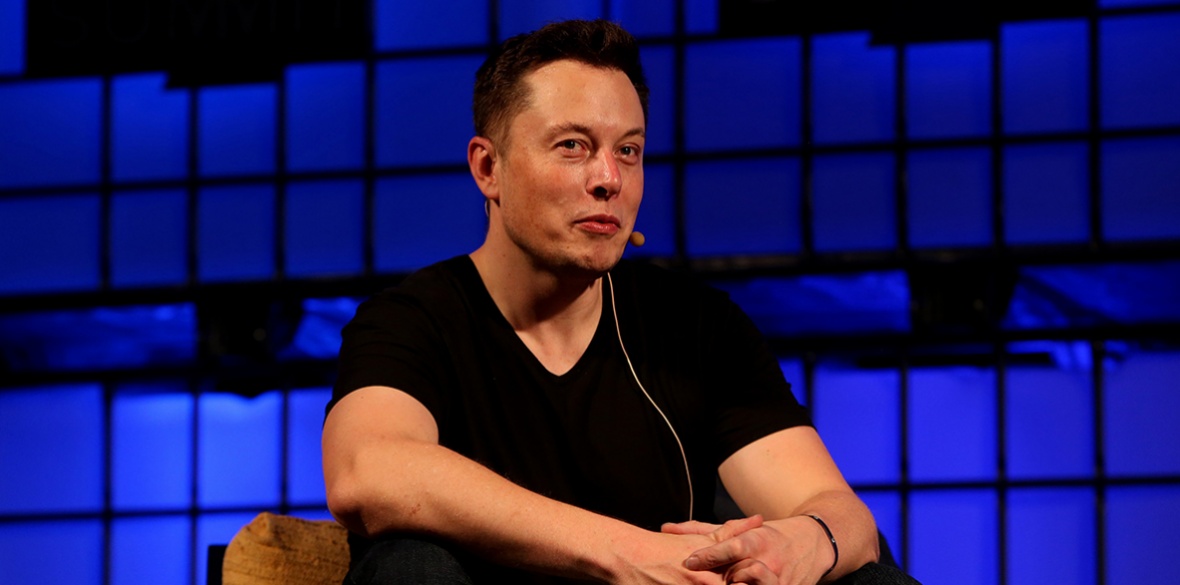IT IS an almost unbelievable expression of late imperial arrogance for the entrepreneur and futuristic motor manufacturer Elon Musk to boast that the entity that he represents can carry out a coup wherever it fancies.
It cannot of course — large parts of the world are closed off to Yankee imperialism and even in its traditional backyard, Latin America, the sway of the mighty dollar is much reduced.
Even right-wing and authoritarian leaders in Latin America would pay their respects to Fidel Castro because they knew that every inch of breathing space that Cuba’s resistance created was an inch of territorial integrity for them, a small space in which they would be able to take decision in their own interest rather than that of the big neighbour to the north.
The US deploys an enormous armoury of weapons and mechanism to limit the independence and autonomy of the peoples of the Southern Cone, of Central America and even the Caribbean where traditionally British imperialism held the decisive power.
With the integration of British and US capital, it is almost axiomatic that Anglo-American imperialism is a partnership of profits to be made at the expense of the working people of the region.
But over recent decades, country after country, people after people have found ways to displace the satraps and local placemen who served US interests and have instituted a wide range of progressive measures that have lifted millions out of poverty and raised hopes that further progress could be made.
The Bolivian coup is the latest attempt to reverse this tide of progress and it is instructive that, although the local right was able to displace the president-elect and was able to capture part of the machinery of government, in vast parts of the country the forces of popular power and socialism of a particular Bolivian kind hold the loyalty and affection of the people.
Election date after election date has been deferred, the latest reason being the Covid-19 pandemic for fear that the the popular masses will recapture popular power.
This is the new reality in Latin America — the state is feared but the people are no longer cowed and in the months and years to come we will see the revolutionary process mature and the skills of government and the exercise of power will be more skilfully employed by the revolutionary forces of each of these states.
This is not to underestimate the difficulties.
The reduction in oil prices has put obstacles in the way of Venezuela’s progress and in Colombia it is still dangerous to be a trade unionist or a community activist.
But the pressure of international solidarity, the example of Cuba, the resurgence of the popular mood in Brazil, all these factors are signs that the US and local reaction don’t it have it their own way.
Britain, of course, has a lousy record in these parts. From the undemocratic overthrow by the colonial authorities of Cheddi Jagan’s government in Guyana to the military aid New Labour gave the Colombian ultras, British imperial interests have a way of dominating our government’s foreign policies in this region.
We can do something about this — we must do something about it.
Lisa Nandy must put Britain’s Labour Party on the side of progress. Now is the time to deploy the basics of an ethical foreign policy of solidarity with the people of Latin America.











